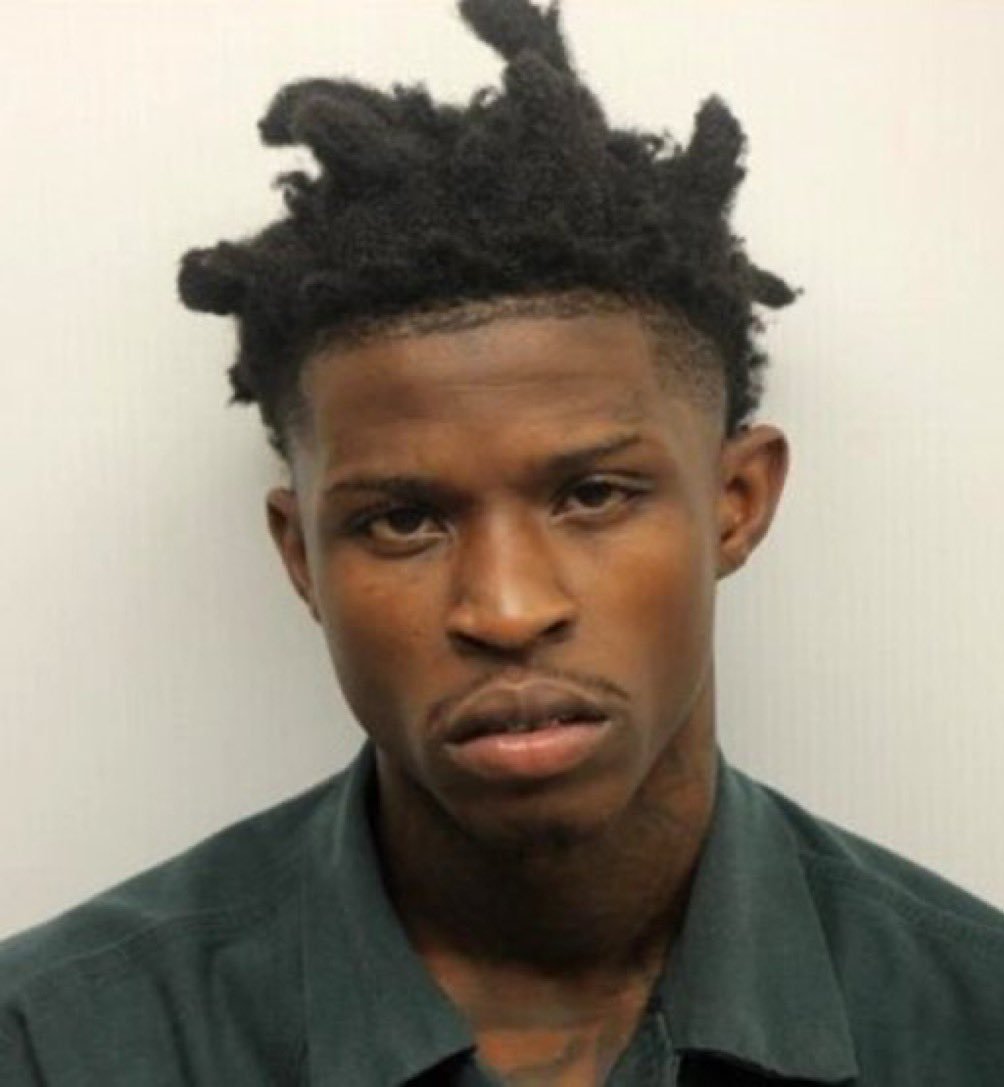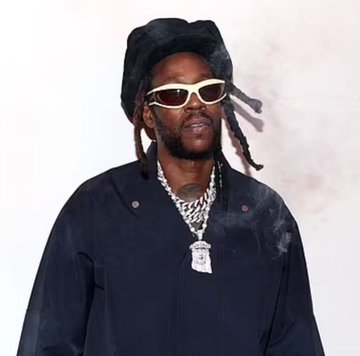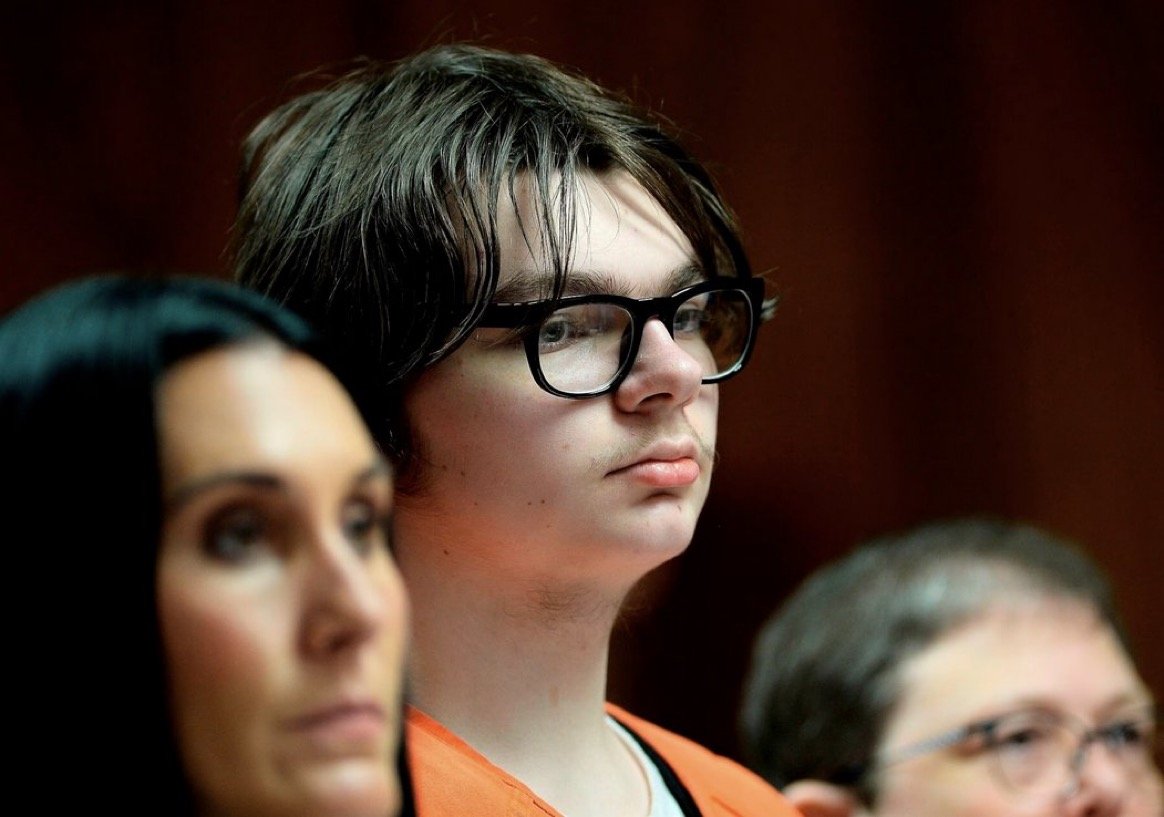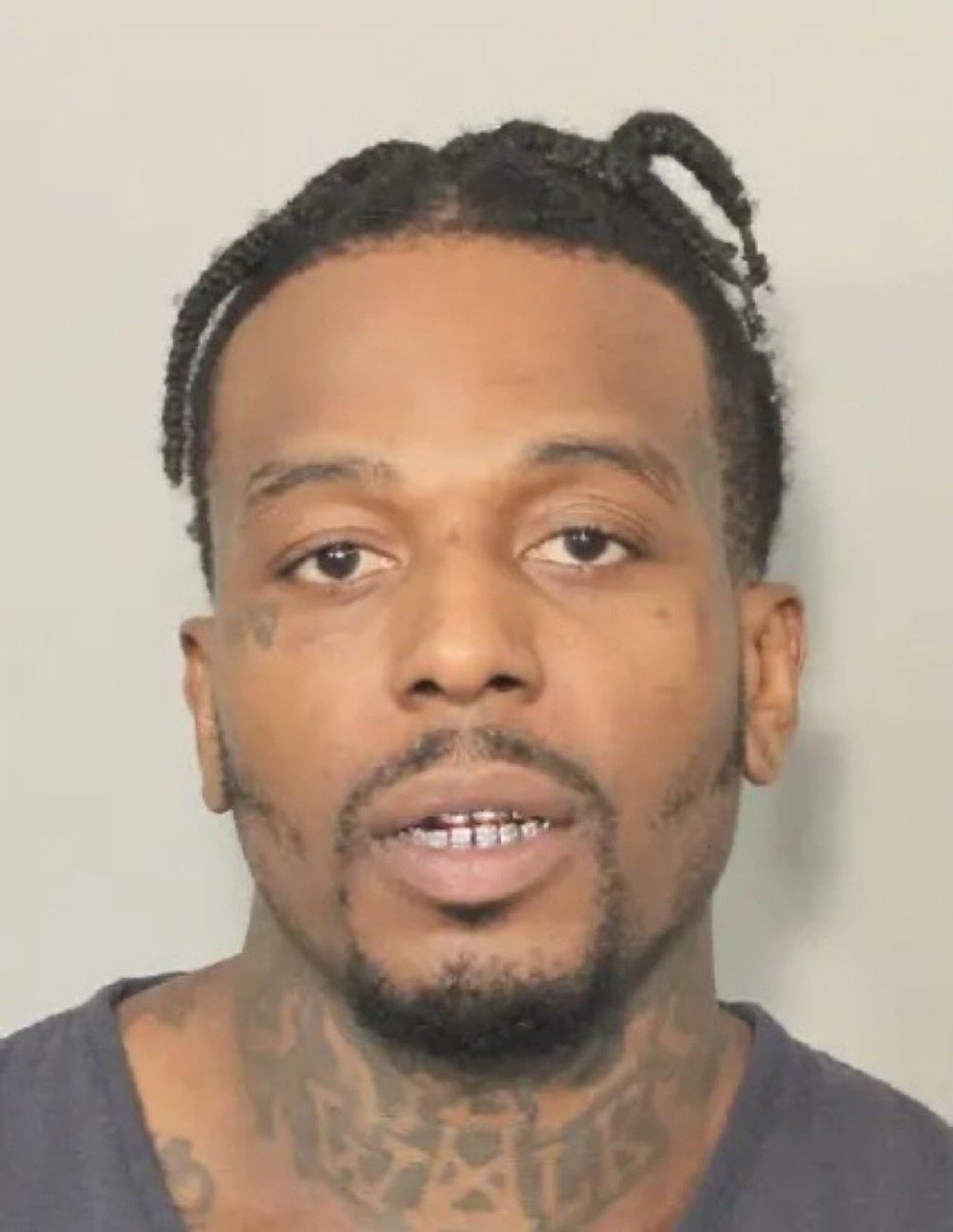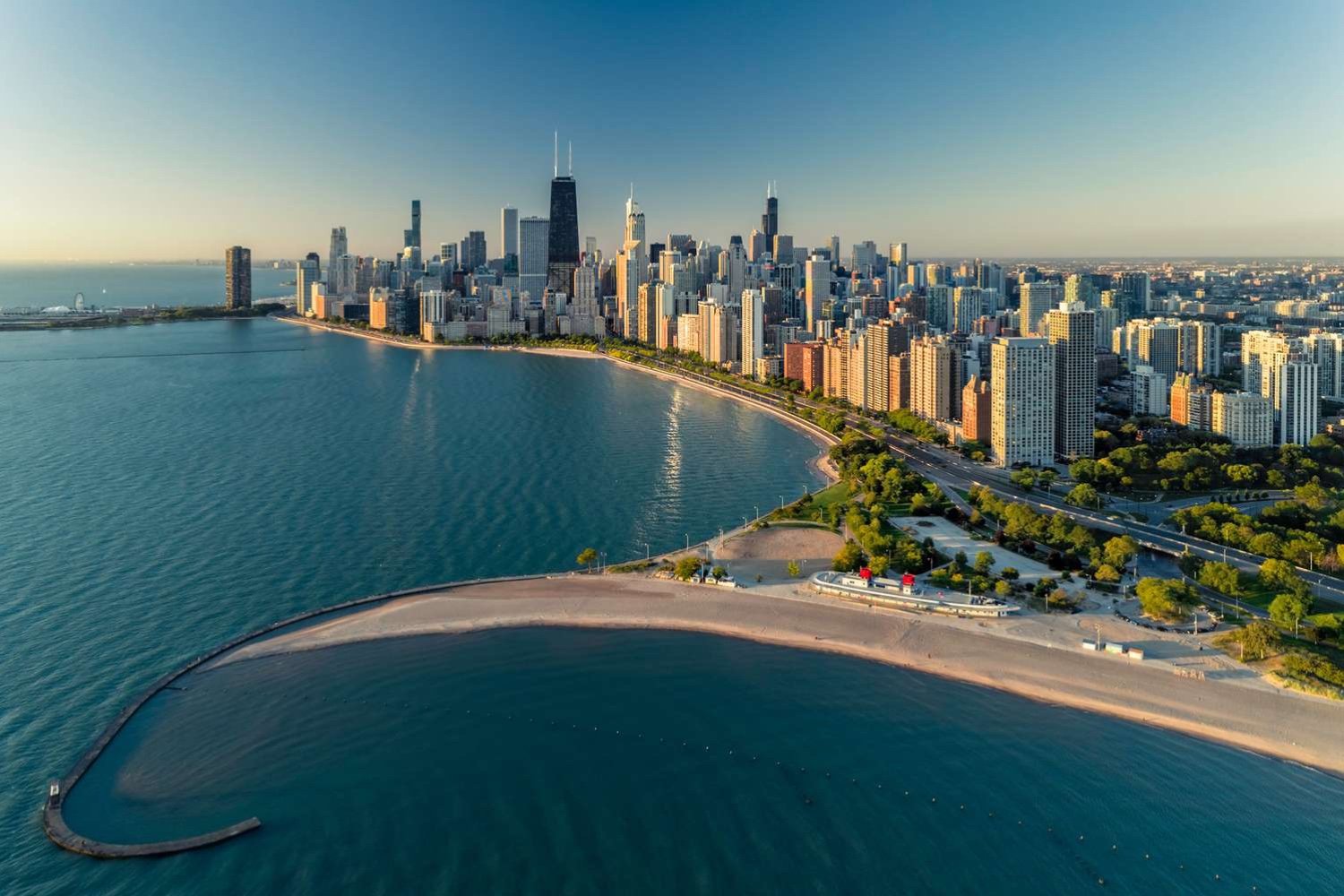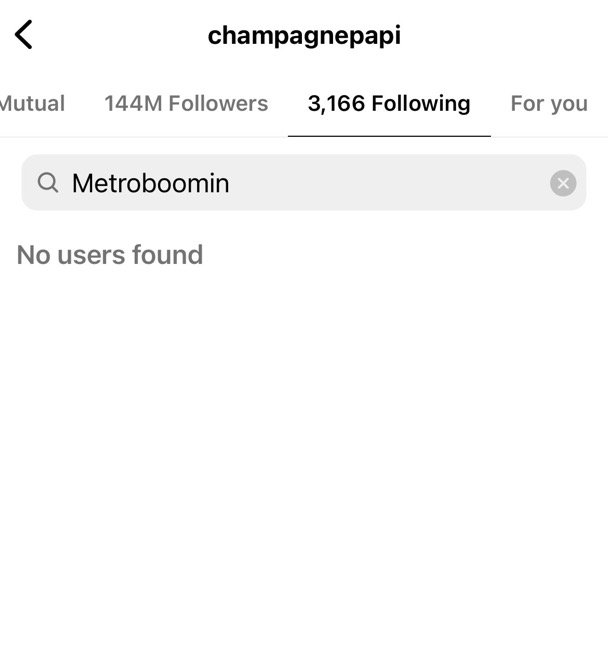Rapper Quando Rondo has found himself at the center of a legal storm, facing an arrest by the Federal Bureau of Investigation (FBI) on federal drug charges. The accusations include violating the Street Gang Terrorism and Prevention Act, with Quando Rondo alleged to hold a managerial role within the Rollin' 60's gang. Furthermore, the rapper faces charges related to the illegal use of communication, specifically utilizing a cell phone to facilitate the sale of marijuana.
The gravity of these charges cannot be overstated, as Quando Rondo confronts allegations that have the potential to reshape his career and personal life. The Street Gang Terrorism and Prevention Act is a powerful legal tool designed to combat organized criminal activities, and being implicated in such allegations can result in severe consequences.
The accusation of holding a managerial role within the Rollin' 60's gang brings forth a new layer of complexity to the legal proceedings. Law enforcement agencies often target individuals in leadership positions within alleged criminal organizations, and the specific details surrounding Quando Rondo's alleged involvement will be crucial in determining the course of legal action.
The charge related to the illegal use of communication reflects the evolving nature of criminal investigations in the digital age. The claim that Quando Rondo used a cell phone to orchestrate the sale of marijuana underscores the intersection of technology and criminal activities in contemporary cases. As law enforcement leverages technological evidence, artists and individuals in the public eye find themselves navigating an increasingly complex legal landscape.
The hip-hop community and fans are left grappling with the unexpected turn of events, and discussions are likely to unfold regarding the potential impact of these charges on Quando Rondo's career and public image. Allegations of gang affiliation and drug-related activities can cast a long shadow over an artist's reputation, prompting questions about the resilience of public perception in the face of serious legal accusations.
It is imperative to approach these allegations with the understanding of the presumption of innocence until proven guilty. The unfolding legal saga involving Quando Rondo will undoubtedly captivate public attention, and stakeholders in the hip-hop industry will closely monitor developments as they occur.
As the legal proceedings progress, the intersection of federal drug charges, allegations of gang affiliation, and the use of communication technology underscores the multifaceted nature of the legal challenges faced by individuals in the public eye. The case serves as a reminder of the complex relationship between fame, personal choices, and the legal system.
Quando Rondo, like any individual facing legal scrutiny, will navigate the intricacies of the legal process with the support of legal representation. The unfolding legal saga will determine the path forward, and the repercussions on his career and personal life remain uncertain. In a world where public figures are under constant scrutiny, the Quando Rondo case raises broader questions about the intersection of fame, accountability, and the legal complexities faced by those in the limelight.

